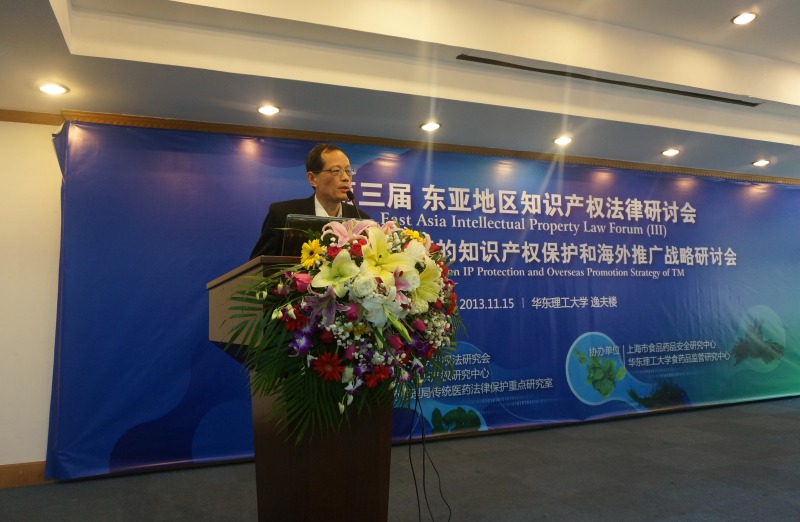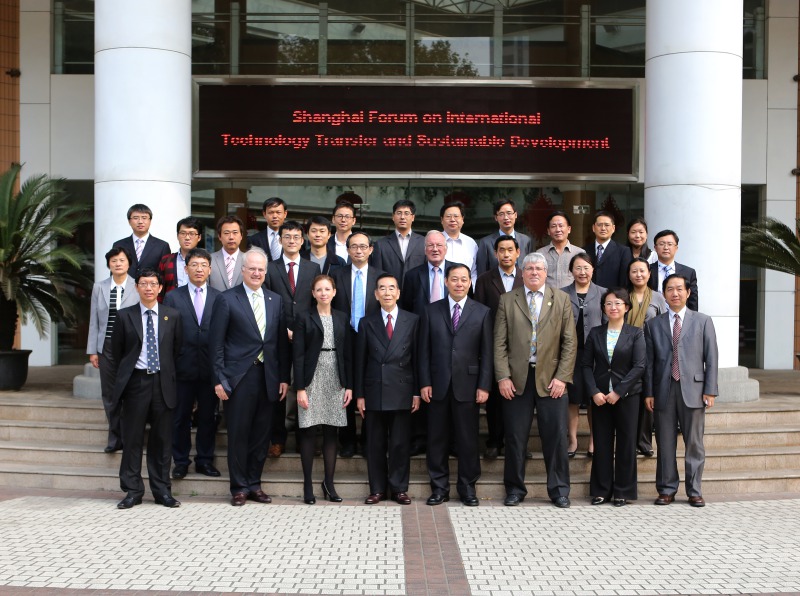Research on Plants’ Transgenic Technology and the Safety: Status and Perspectives
WangGenping;Du Wenming;Xia Lanqin Scientia Agricultura Sinica 2014,47(5)
Geneticmodification (GM) facilitates research into fundamental questions of plantfunctional genomics and provides a route for developing novel commercialvarieties. Agrobacterium-mediated transformation and micro-particle bombardmentare two main methods for plants genetic transformation. Since the firstcommercial planting of GM crop in 1996, the planting area of GM crops hasreached 170 million hectares in 28 countries and regions in 2012. Along withthe increased commercialization and planting of a range of GM crops globally, thebio-safety of GM crops has become a hot topic and major public concern.Development of the precise and marker-free transgenic technologies would beessential for the commercialization of transgenic crops. This study hasreviewed thoroughly the current development status of bio-safe and precisetransgenic technologies, including the use of selective markers avoidable of bio-safetyconcerns, marker gene deletion and gene pyramiding, the method of control trans-geneflow as well as target genome editing and integration technologies. Accordingto the selection principle, four classifications of bio-safe selective markergenes have been explored so far, such as marker genes related to carbohydratesmetabolism, amino acids metabolism, auxins metabolism and abiotic stresses.Compared with antibiotic and herbicide resistant marker genes, the use of thesemarker genes and their products may not raise any bio-safety concerns. Markergene deletion and gene pyramiding includes co-transformation, site-specificrecombination, transposon, intrachromosomal homologous recombination and genestacking-based site-specific recombination. Among them, co-transformationincludes Agrobacterium-mediated co-transformation and microparticle bombardmentmediated co-transformation of gene expression cassettes. Gene deletion andstacking technology are essential for production of GM crops with improvedcomplex traits, and gene stacking technology based on site-specificrecombination system is expected to become an important technology for producingGM crops with multiple transgenes. The methods for the control of transgeneflow include chloroplast transformation and transgene split system. Targetgenome editing and integration technologies include ZFNs, TALEN and CRISPR/Cas9mediated technologies. Among these three technologies, TALEN and CRISPR/Cas9technologies are expected to become a powerful tool in future for theiradvantages as simple design and operation, low cost and wide range of targetsexisting in plant genome. This study has also proposed future perspectives andapplications of these transgenic technologies for safety consideration inagricultural practice.
next:Research Advances on Trees Gene Cloning


